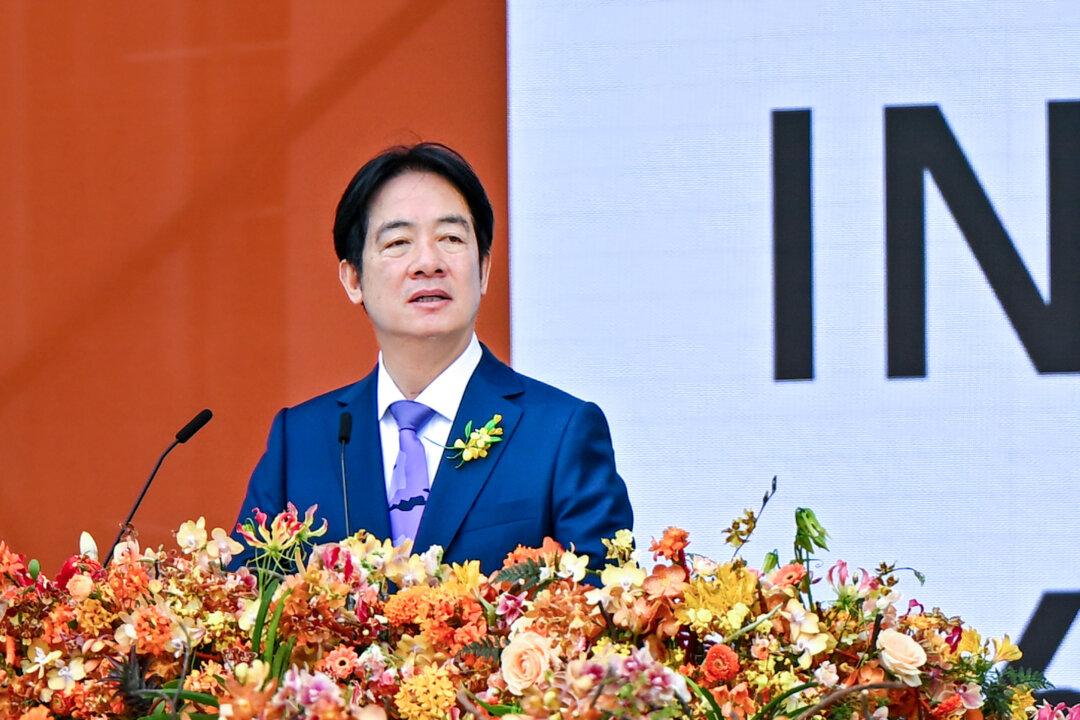TAIPEI, Taiwan—Taiwanese President Lai Ching-te pledged to work closely with like-minded partners to uphold democracy in the world in the face of the Chinese communist regime’s expanding aggression and authoritarianism.
“I want to emphasize that a threat by China to any country is a threat to the whole world,” Mr. Lai said in a speech on July 30. “Taiwan will use its full strength to support the democratic umbrella with our partners in democracy so we may avert the threats of expanding authoritarianism.”





